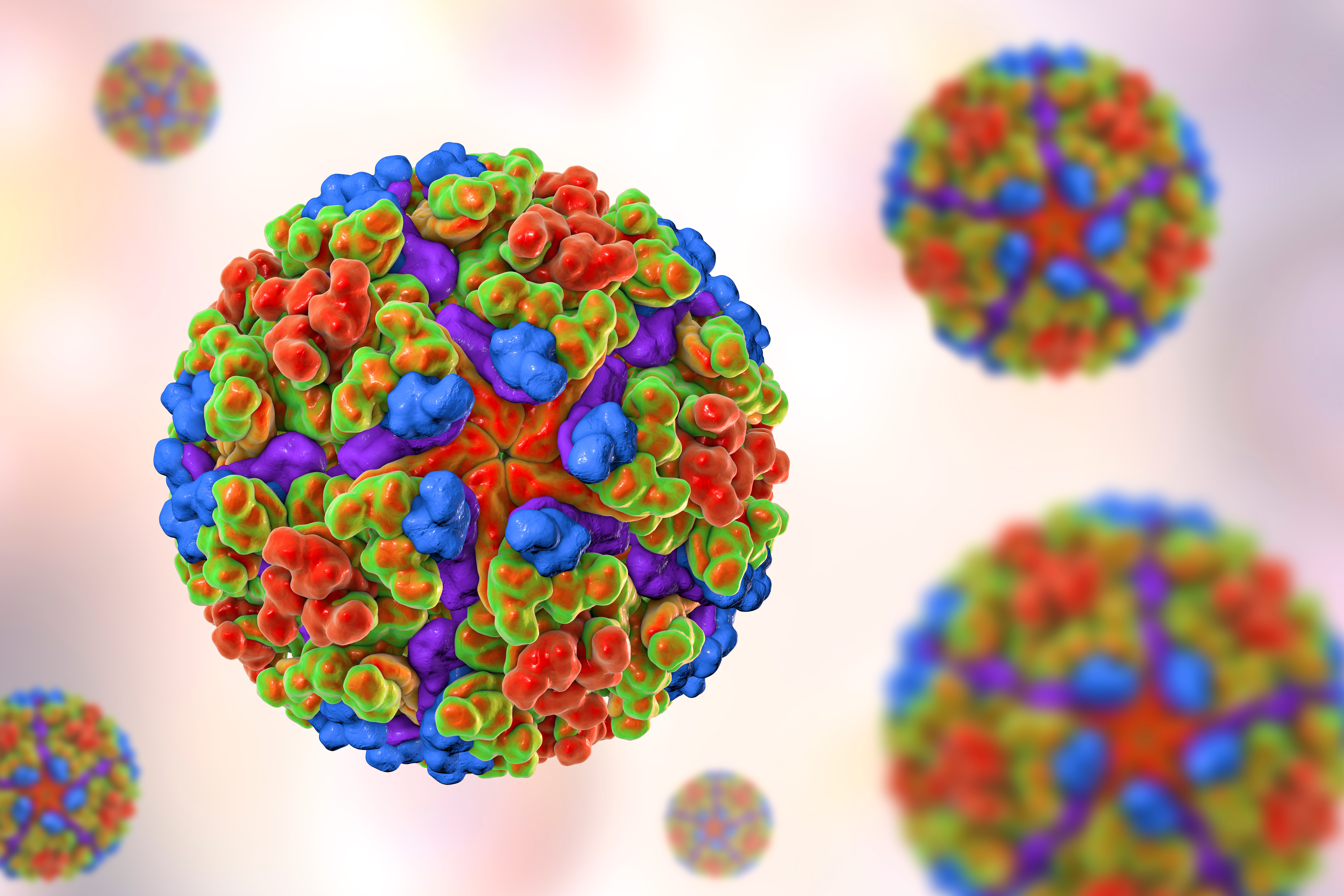 Last week, for the first time, the Food and Drug Administration licensed a vaccine (Ixchiq) against the chikungunya virus.
Last week, for the first time, the Food and Drug Administration licensed a vaccine (Ixchiq) against the chikungunya virus.
Although this is a major advance in protection against a virus that can cause debilitating arthritis, key caveats about the vaccine approval should be noted. Appropriate studies are planned by FDA and Valneva Austria GmbH, the company that developed the vaccine, to address these caveats.
FDA’s press release, along with the 18-page package insert for the vaccine and a 13-page basis for licensure under FDA’s accelerated approval pathway, highlight several important points to keep in mind:
1. This is a live, attenuated virus vaccine associated with “severe chikungunya-like adverse reactions that prevented daily activity and/or required medical intervention …” in 1.6% of vaccine recipients.
a) Thus, the vaccine should not be given to immunocompromised persons (page 4 of 18, section 4, in the package insert).
2. FDA, however, requires the company, Valneva Austria GmbH, “to conduct a postmarketing study to assess the serious risk of severe chikungunya-like adverse reactions following the administration of Ixchiq.”
3. There was no direct human clinical effectiveness data. Instead, a specific neutralizing antibody level induced by the vaccine in humans was demonstrated to be linked with protection after passive transfer of human immune sera in a nonhuman primate model (cynomolgus macaques) followed by a challenge dose of chikungunya virus (page 13 of the package insert).
a) This level of neutralizing antibody was achieved in 263 of 266 vaccine volunteers in the USA and none of the 96 placebo subjects (page 14 of the package insert).
4. FDA, however, documented that the company will conduct a study of clinical efficacy in humans in a chikungunya-endemic part of the world that will include at least 10,000 individuals vaccinated with Ixchiq.
5. The approval is for a single intramuscular dose in persons 18 years of age and older “who are at increased risk of exposure to chikungunya virus.”
a) Thus, since the USA is not an endemic region for this virus, the vaccine would most likely be given in the USA to travelers to endemic areas.
6. FDA’s press release noted that the “Prescribing Information includes a warning to inform that it is not known if the vaccine virus can be transmitted from pregnant individuals to newborns, nor is it known if the vaccine virus can cause any adverse effects in the newborn.”
a) FDA, however, documented that the company will conduct an observational study in Brazil of the vaccine in pregnant women ages 18-45 years. The study will “compare maternal and infant outcomes of at least 90 women exposed to IXCHIQ prior to or during pregnancy to a group of pregnant women who have not been exposed” to the vaccine (page 12 of 13 of FDA’s Nov. 9, 2023, approval letter).
7. Like with the Ebola vaccine licensed by FDA in December 2019, FDA did not convene the outside advisory committee of experts for this vaccine because the information submitted for FDA review “did not raise concerns or controversial issues which would have benefitted from advisory committee discussion” (page 4 of 13 of FDA’s approval letter).
FDA Press Release (Nov. 9, 2023): https://www.fda.gov/news-events/press-announcements/fda-approves-first-vaccine-prevent-disease-caused-chikungunya-virus
Package Insert: https://www.fda.gov/media/173758/download?attachment
Approval Letter: https://www.fda.gov/media/173759/download?attachment
Photo: 3D illustration of the chikungunya virus
